The ten greenest cities in the UK
Steel City Sheffield takes the top spot for its open spaces and renewable energy production
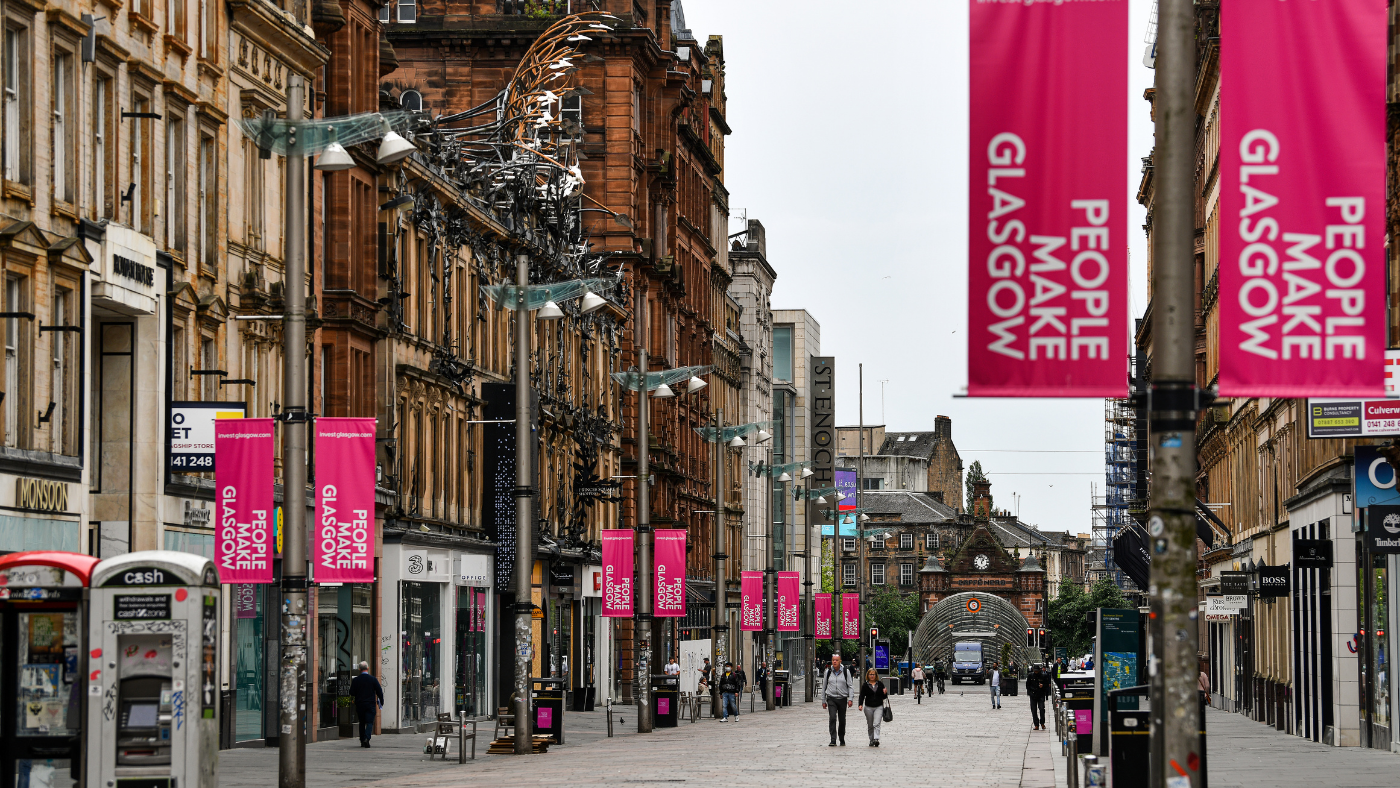
A free daily email with the biggest news stories of the day – and the best features from TheWeek.com
You are now subscribed
Your newsletter sign-up was successful
Eco-friendly lifestyles are normally indicated by how you live, not where you live, but new research has pinned down the most climate conscious cities in the UK.
The University of Southampton assessed six different environmental datasets to find out which of the 25 most populous cities would prove to be the greenest.
This year’s extreme weather events and the national focus on sustainability thanks to Cop26 “have brought home the need for changes in the way we live if we are to mitigate the effects of the twin environmental catastrophes of climate change and loss of biodiversity”, said Professor William Powrie, the lead expert behind the Green Cities Report.
The Week
Escape your echo chamber. Get the facts behind the news, plus analysis from multiple perspectives.

Sign up for The Week's Free Newsletters
From our morning news briefing to a weekly Good News Newsletter, get the best of The Week delivered directly to your inbox.
From our morning news briefing to a weekly Good News Newsletter, get the best of The Week delivered directly to your inbox.
The study, commissioned by Natwest, considered the impact of cities’ energy use or production, waste and recycling, green space, motor vehicles, commuting travel and pollution.
London just missed out on the top ten, despite the expansion of the ultra-low-emissions zone this week. However, the number of commuters in the capital who opt for pedal power helped to put it in the 11th spot. Coventry, Sunderland and Wolverhampton came in at the bottom of the rankings.
1. Sheffield
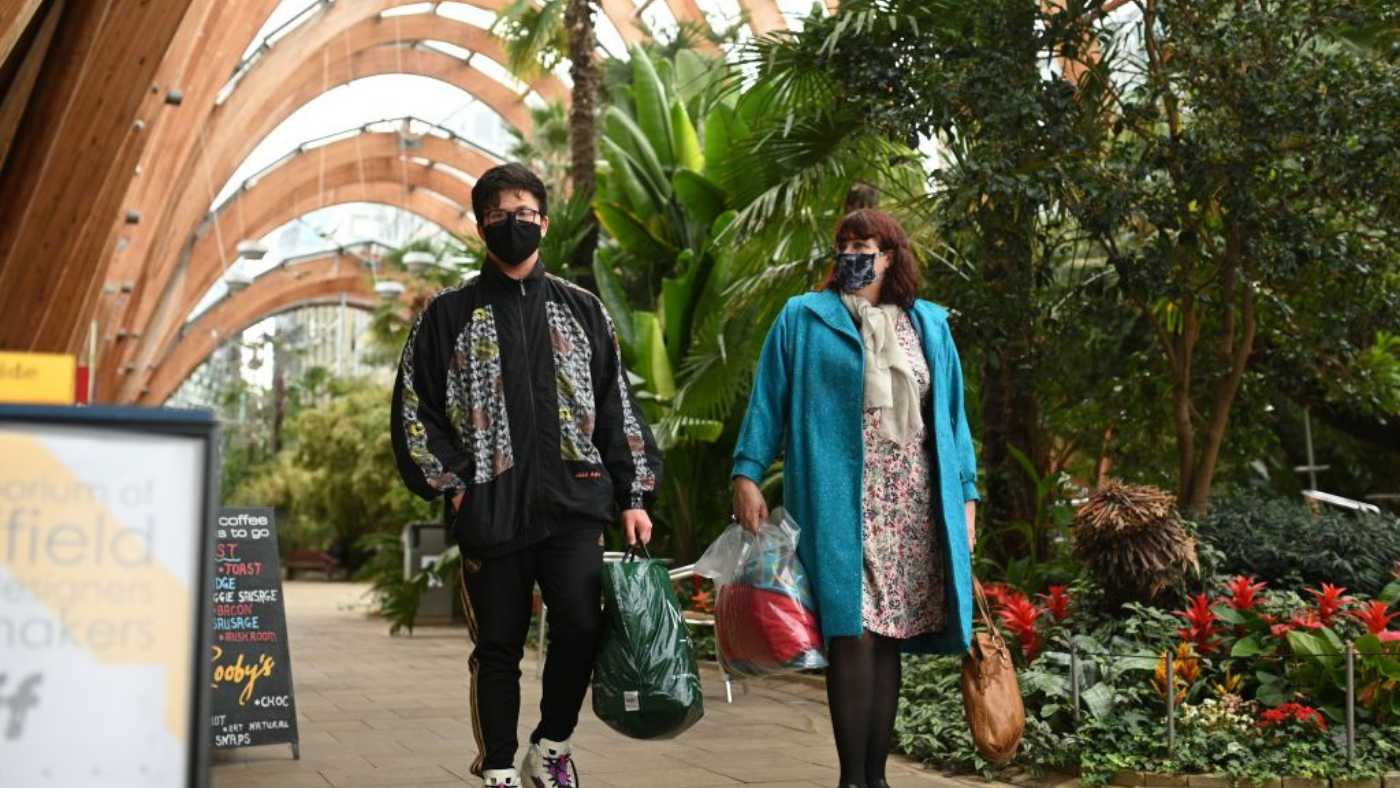
It is a city once described by George Orwell as the “ugliest town in the old world”, but Sheffield has been named the greenest in the UK, said The Independent. Its 22,600 acres of green space and an impressive level of renewable energy production “helped the Steel City top the table”. Sheffield’s award-winning “Grey to Green” scheme has also seen key areas developed since 2016.
2. Edinburgh
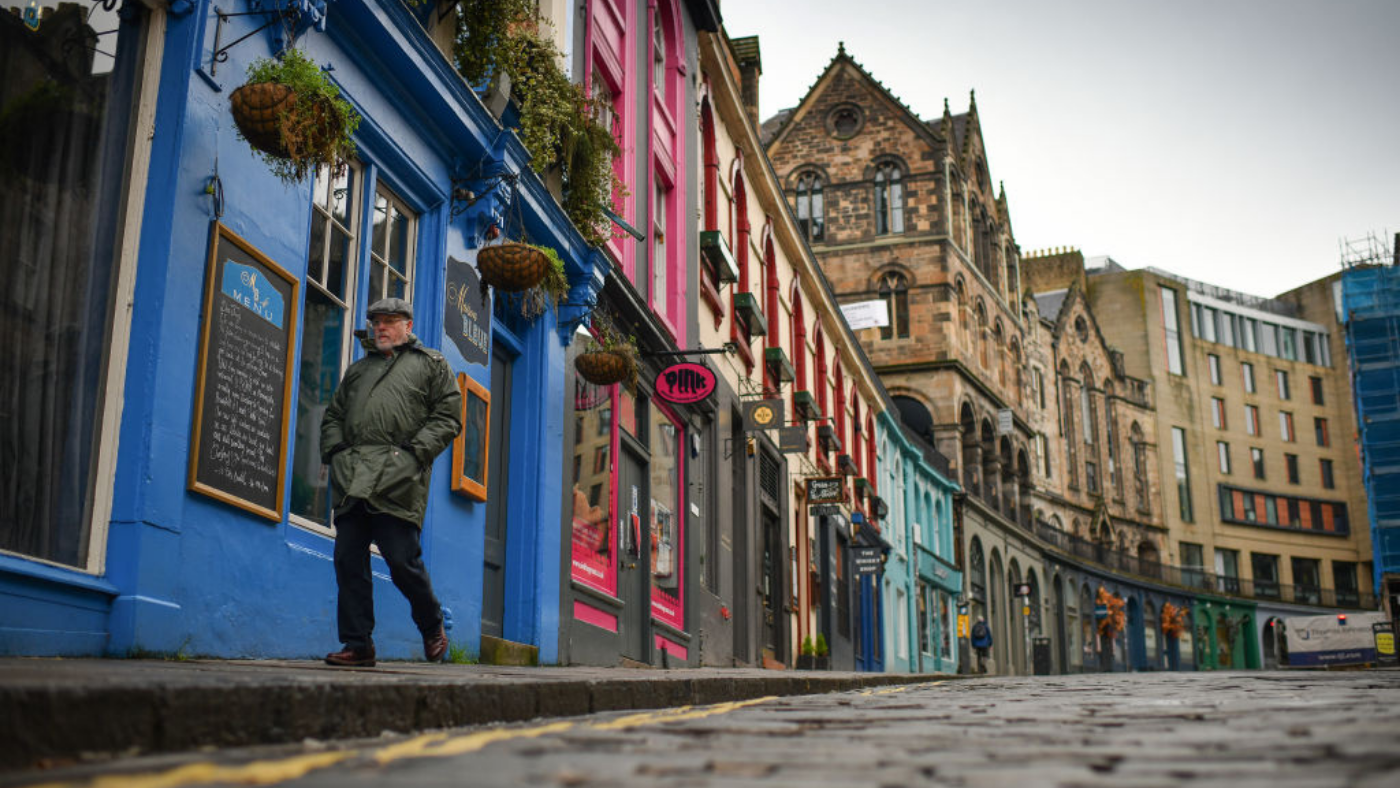
Scotland’s two biggest cities were included in the top ten, but Edinburgh managed to take second place, above Cop26 host city Glasgow, reported The National. With more than 230 sq m of green space per resident, the city also has a low number of car commuters and a significant proportion of ultra-low-emissions vehicles.
A free daily email with the biggest news stories of the day – and the best features from TheWeek.com
3. Cardiff
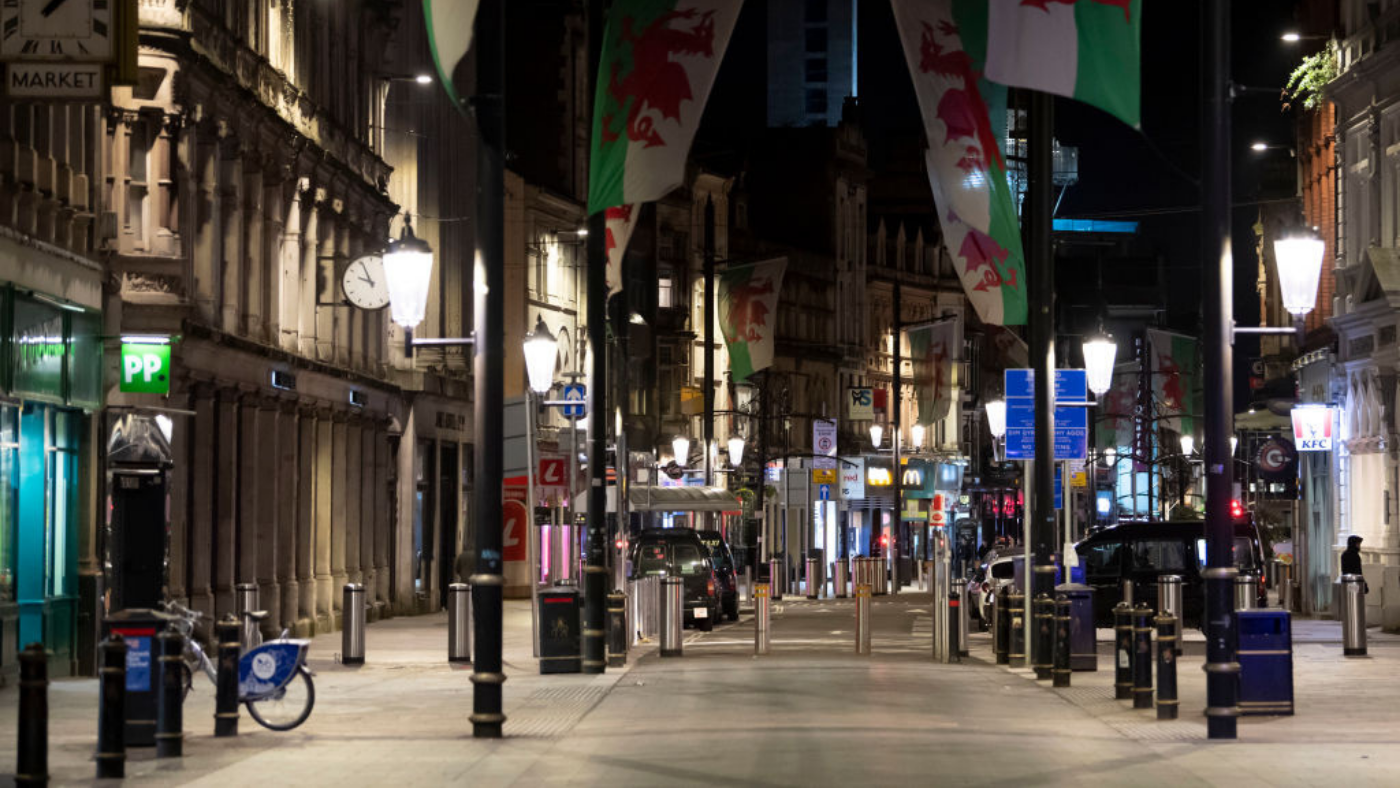
Despite having the lowest rate of recycling of all the Welsh local authorities, according to figures published by the Welsh government, Cardiff still ranks higher than many other UK cities. The council is striving for carbon neutrality by 2030, and hopes to achieve it through planning and infrastructure development, as well as encouraging behaviour changes in its residents.
4. Brighton & Hove
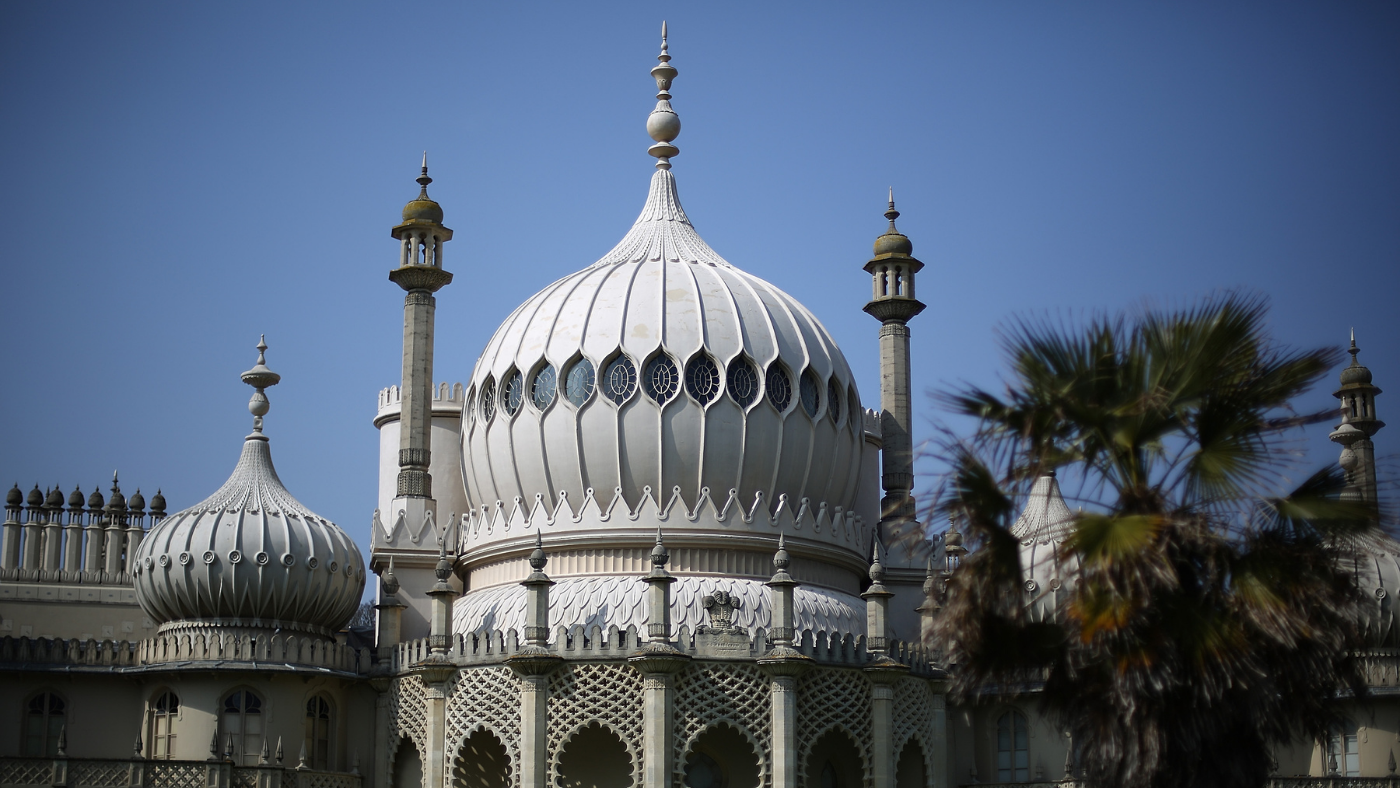
Brighton’s Green MP has turned the city “into a laboratory for their kooky ideas”, complained The Spectator’s Tim Stanley four years after the party’s Caroline Lucas won the Brighton Pavilion seat. But be it eco-restaurants or zero-waste shops, many Brightoners continue to enjoy the experiment. Despite a poor recycling rate, the city won the “accolade” of fourth place, said Brighton & Hove News. The Rampion Offshore Wind Farm is another asset to the area, covering more than 40 square miles. With Lucas winning the seat again in three subsequent elections, Brighton is unlikely to lose its green streak anytime soon.
5. Bristol
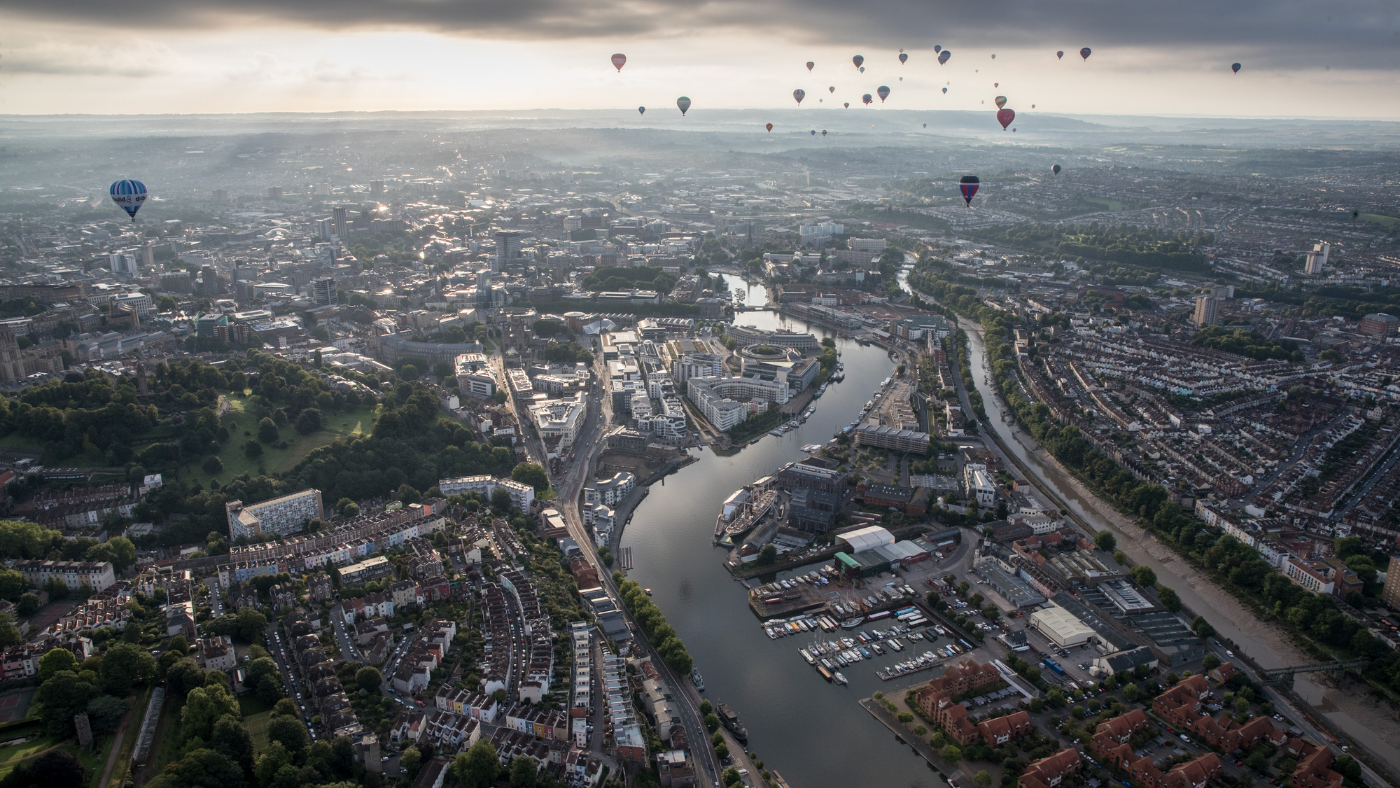
Bristol has long been recognised as a green beacon even beyond the UK. Named the European Green Capital in 2015, it was the first city in the country to declare a climate emergency in November 2018, when it also set a goal to achieve net zero emissions by 2030. However, researchers at the city’s university said last year that the target is unlikely to be met without significant changes to the transport network.
6. Leeds
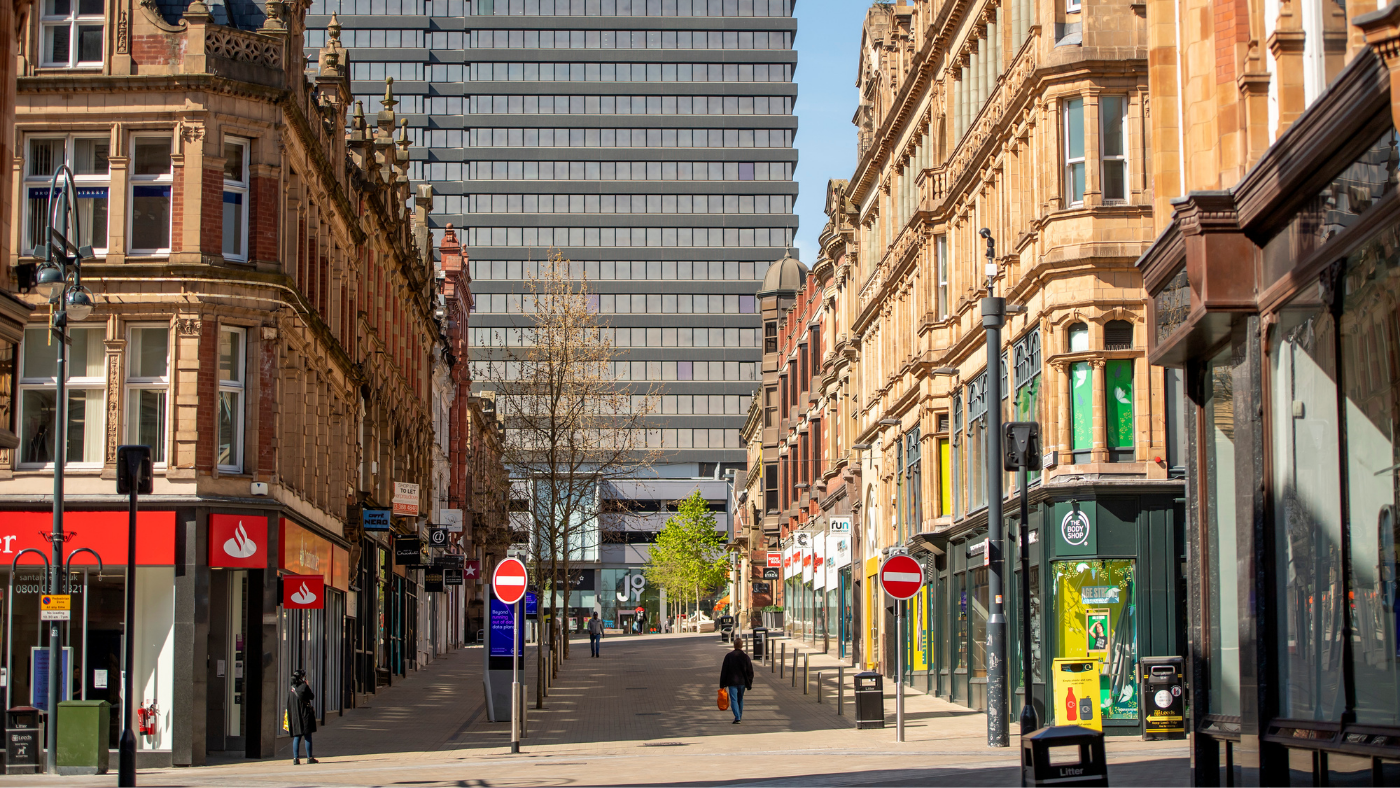
Leeds is already a relatively leafy city, but the council is planning to increase tree planting and encourage conservation and biodiversity as part of its net zero plan. Significant investments have been made to transform the city’s infrastructure, with housing and transportation two key areas of development.
7. Glasgow

The Cop26 host city has around 100 parks and gardens, a wealth of independent and eco-focused businesses, and a fleet of electric buses that’s set to expand by 2023, thanks to a £50m investment. Last week, First Minister Nicola Sturgeon warned that there would be “disruption and inconvenience” for Glaswegians during Cop26 but that the majority of people in the city understand the importance of the summit “for the future of the planet”, reported the i news site.
8. Nottingham
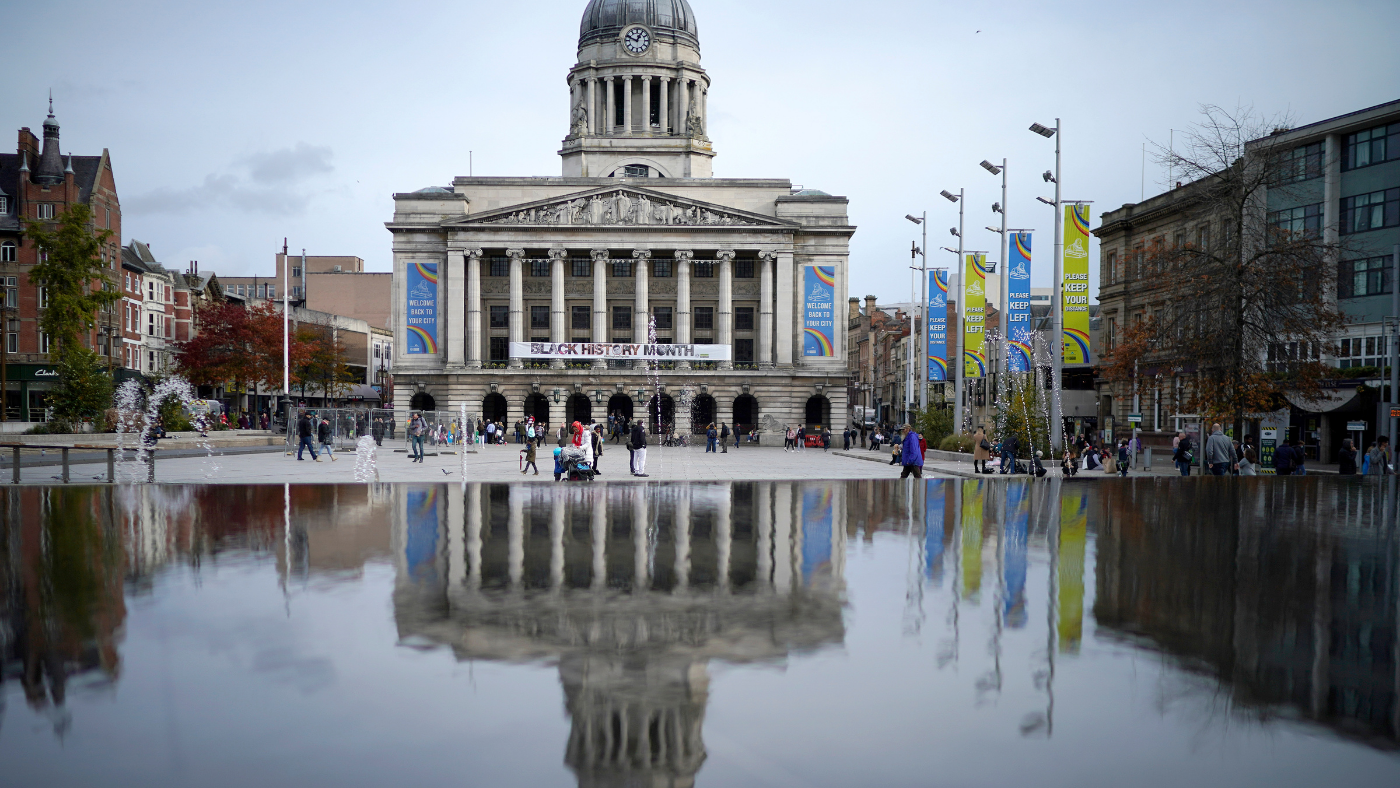
Nottingham City Council has set an ambitious target of reaching net zero by 2028, the earliest of any UK city. It’s making significant headway in doing so, with carbon reduction and offsetting plans in place, and around a fifth of the city’s energy being provided by low-carbon energy sources. Local councillor Sally Longford said last year that the level of support from local residents has been “flabbergasting”, reported the Nottingham Post.
9. Newcastle upon Tyne

Cleaner transport is a key part of Newcastle’s green strategy, with plans for 200 more electric buses and an increase in the number of electric vehicle charging points installed across the city. In recent years, there’s been a focus on reducing the level of waste produced by residents, and diverting as much as what can be to recycling streams.
10. Belfast
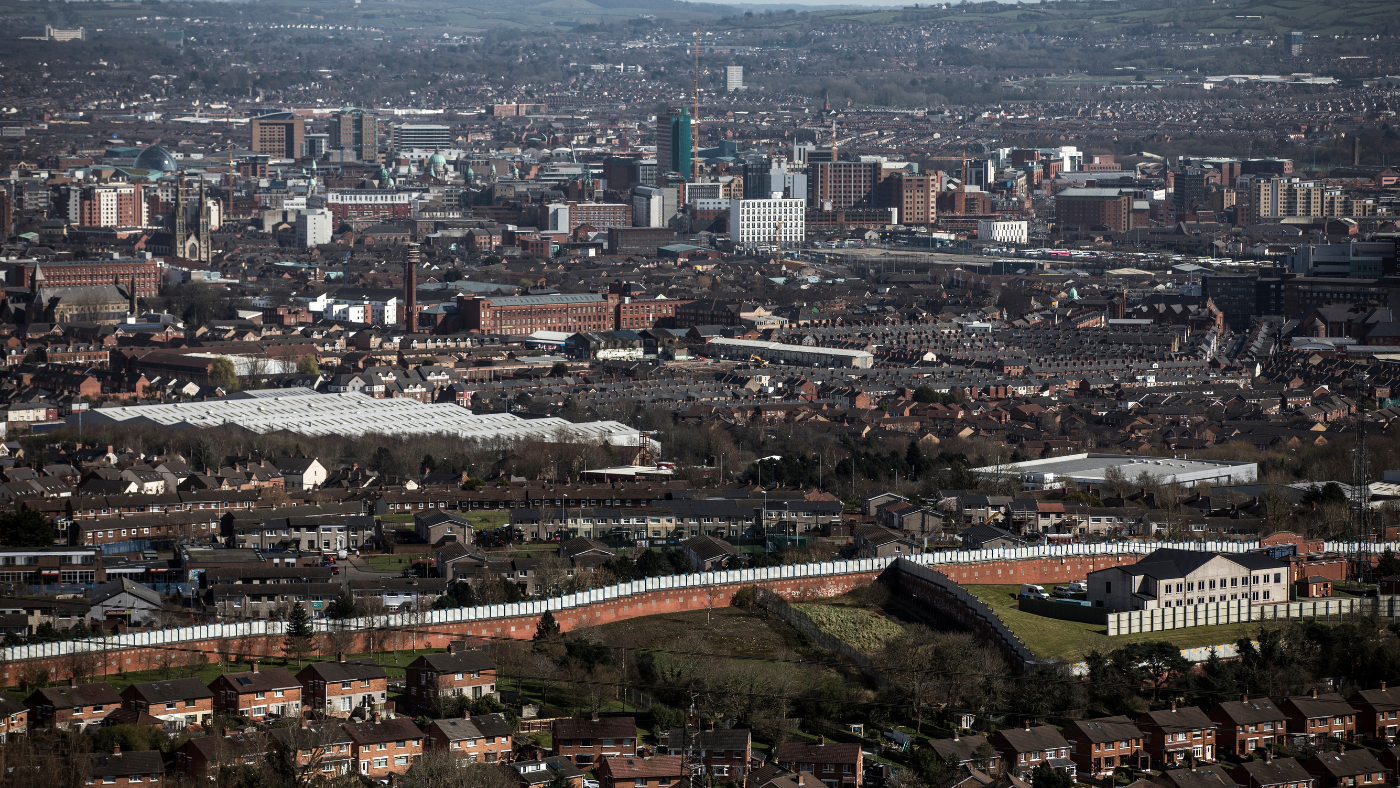
With a relatively small population of 280,000, Belfast comes in as the UK’s tenth greenest city. Travel guides and tourist boards tout the city’s eco-credentials, pointing to eateries and shops that will please climate-conscious visitors. Its Green and Blue Infrastructure Plan will also see vegetated areas and the city’s waterways enhanced by 2035 through initiatives focused on biodiversity and integration with the urban environment.
-
 Earth is rapidly approaching a ‘hothouse’ trajectory of warming
Earth is rapidly approaching a ‘hothouse’ trajectory of warmingThe explainer It may become impossible to fix
-
 The plan to wall off the ‘Doomsday’ glacier
The plan to wall off the ‘Doomsday’ glacierUnder the Radar Massive barrier could ‘slow the rate of ice loss’ from Thwaites Glacier, whose total collapse would have devastating consequences
-
 Can the UK take any more rain?
Can the UK take any more rain?Today’s Big Question An Atlantic jet stream is ‘stuck’ over British skies, leading to ‘biblical’ downpours and more than 40 consecutive days of rain in some areas
-
 As temperatures rise, US incomes fall
As temperatures rise, US incomes fallUnder the radar Elevated temperatures are capable of affecting the entire economy
-
 The world is entering an ‘era of water bankruptcy’
The world is entering an ‘era of water bankruptcy’The explainer Water might soon be more valuable than gold
-
 Climate change could lead to a reptile ‘sexpocalypse’
Climate change could lead to a reptile ‘sexpocalypse’Under the radar The gender gap has hit the animal kingdom
-
 The former largest iceberg is turning blue. It’s a bad sign.
The former largest iceberg is turning blue. It’s a bad sign.Under the radar It is quickly melting away
-
 How drones detected a deadly threat to Arctic whales
How drones detected a deadly threat to Arctic whalesUnder the radar Monitoring the sea in the air

